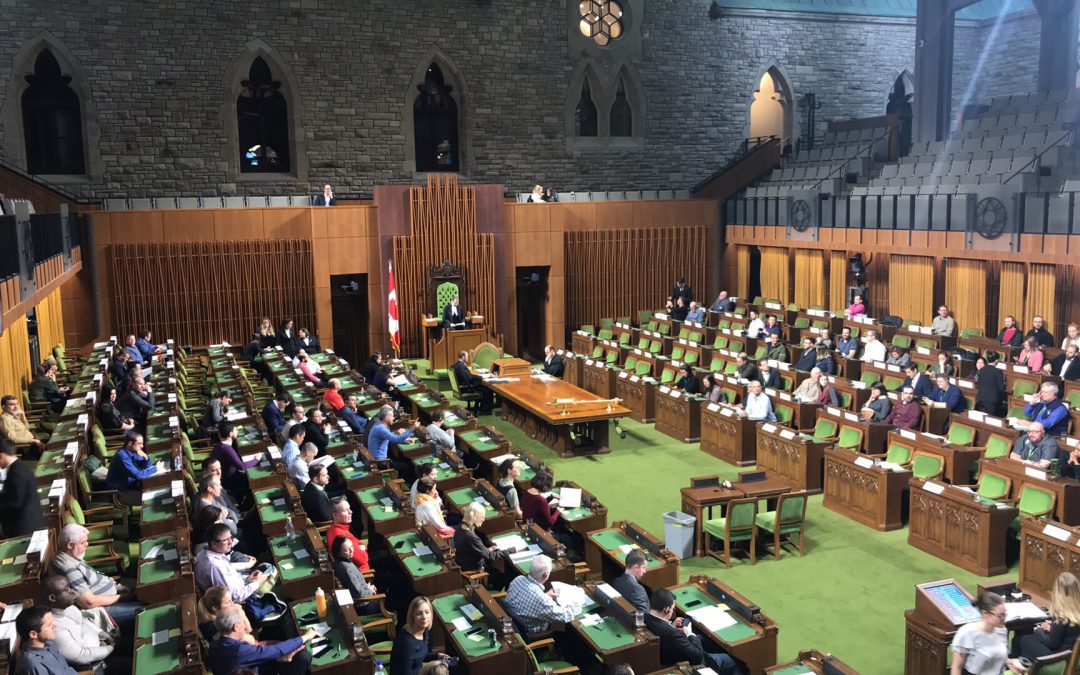The Canadian government has released their 2022 budget surrounding housing and a declining deficit.
The major focus of the 2022 budget released by the federal government is housing affordability where there will be $10 billion set aside over five years. This will include setting up tax-free savings accounts for first-time buyers and making foreign nationals buying up housing illegal to help free up the tight housing market.
The tax-free savings accounts are set to give first-time homebuyers a chance to save close to $40,000 with contributions being tax-deductible and withdrawals for buying your first home not being taxed. To help cover the costs of the new programs being provided, the government will be levying a 16.5% corporate income tax against the big banks of Canada and insurers who received record profits during the pandemic.
Alongside the support for homebuyers, there is also a new housing accelerator fund being launched with the 2022 budget which is worth $4 billion over five years. The fund is dedicated towards supporting housing development in municipalities with a goal to create 100,000 new housing units over the next five years. This also extends the rapid housing initiative with a pledge of $1.5 billion over the next two years which will help create 6,000 housing units for the homeless.
Dental Care
The recent alliance between the Liberal and NDP government had some caveats and once of them was dental care for Canadians. The Liberal government moved on its commitment with the NDP and promised $5.3 billion over the next five years with $1.7 billion each year thereafter to support a national dental care program. It is expected to rollout this year for children under 12 years old and will expand to cover children under 18 years old and seniors or people with disabilities in 2023. The national dental care program will be fully implemented by 2025 and is limited to families whose incomes are less than $90,000 a year. For families whose income is less than $70,000 per year will have co-payments waived as well.
Indigenous Reconciliation
As part of the 2022 federal budget, the government has dedicated additional funds to support Indigenous children, families, and communities. The federal government has pledged $11 billion over six years which includes $4 billion for housing, $4 billion to ensure access to health, social, and educational services for First Nations children. There will also be funding towards improving infrastructure on reserves, specifically $247 million towards water and wastewater infrastructure. One of the key commitments on reconciliation included support for communities to document, locate, and memorialize burial sites of former residential schools which will see funding of $210 million. Part of this budget will also go towards a new building for the National Centre for Truth and Reconciliation which will assist with the complete disclosure of federal documents related to residential schools.
It’s expected that the country’s deficit will be $113 billion in 2021-22 which is down from the estimate of $144 billion. The deficit is projected to decline each year to $8.4 billion in 2026-2027. The budget proposes a total of $60 billion in new spending and has received comments from the Finance Minister and Deputy Prime Minister that it is a modest budget with deficits reduced. The budget is expected to pass without resistance due to the agreement entered between the Liberal and NDP government which will see the NDP vote hold up the Liberal budget.

